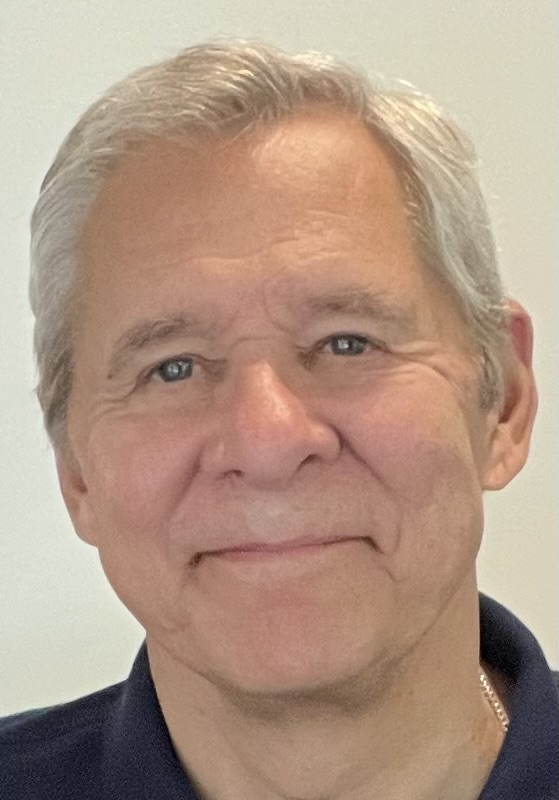
Our prisons are filled with many who suffer from mental health issues and/or substance use problems. Can we do better to help people who are troubled by these serious maladies? And can we address the trauma that often goes along with both?
"Having a close family member who has been incarcerated is more common than any of us had anticipated"
—Christopher Wildeman, Cornell University
Fear kills more dreams than failure ever will"—Anonymous Fear is the very basis of everything that holds us back from our true destiny. For a person who is reentering society after incarceration, it can be traumatic to even think about living on the outside. Inmates become "institutionalized," by living in a system that makes every decision for them. Often they are more frightened of living without rules than living forever in a cell.They worry: How will I eat, where will I live? Will I be able to get a job? As crazy as it may sound, many will reoffend just to go back to a place they consider to be "safe." Fear is the jet fuel behind the high recidivism rate.It was Jesus who reminded his followers to "Remember Lot's wife," who looked back at her burning home and turned into a pillar of salt. She was frozen in the past. Institutionalized prisoners are frozen in the past too. Unable to move into the life that is dawning in front of them. ...
I love data, but data with the power to change lives is the best!"—Dr. Kathy Paulson-Gjerde, Professor of Economics,Butler University's Lacy School of BusinessHistorically, employers have not exactly jumped at the chance to hire those who have been incarcerated. It is true even now, in spite of the facts that we have 100,000 open jobs in Indiana, that we can save about $2 million in taxpayer dollars for every one percent reduction in recidivism, and that recidivism plummets from around 80 percent to 5 percent when these folks are employed.It became pretty clear we would have to provide evidence that justice-involved individuals can make good employees. The anecdotal evidence was already there, but statistical evidence was needed. So along with others, UNITE INDY approached Butler's Lacy School of Business to undertake a landmark study under the auspices of Dr. Kathy Paulson-Gjerde, and after months of effort the findings are in, and the...
A few months ago I was hopeless, sitting in my cell, thinking how I'd wasted the last 33 years.Now every time I turn around there are these men telling me Jesus loves me, and He's got a plan for my life…"—Name withheldThere's no guarantee that a prison or jail sentence will produce a person who is ready to turn his life around. But for many, the need to become a productive working member of society is like a mustard seed planted in fertile ground.In prison, their dissatisfaction is deep. They long to have another chance at a normal life, but fear they will fail. But the dream of normalcy, of family, of children who are proud of them grows. These are the people we are working with through Jobs for Life.With a recidivism rate of more than 40 percent, and a cost to taxpayers estimated at more than $20,000 to incarcerate one person in Indiana for one year, it makes business sense to rehabilitate people and keep them from returning to prison...
I'll do whatever you need."—Doug EvansTo all those working in the mission field, a statement like Doug's is a dream come true. An unqualified sentence like that is so rarely heard, when he said it, it stopped me in my tracks. For a split second I had to pause as I considered the gift he could be to our work at UNITE INDY.Doug is retired. For more than 40 years he worked as a teacher inside prisons as an employee of the Indiana Department of Correction. With our work to help reentrants find employment, reconnect positively with family, and reduce recidivism, his experience is more valuable than gold. He knows how to relate to incarcerated people. He knows the program. He knows the possibilities and recognizes limitations, and although he loved working with these men, he always felt something important was missing…something we could provide.In his years teaching as an employee of the State, he always felt the need to bring a faith perspec...